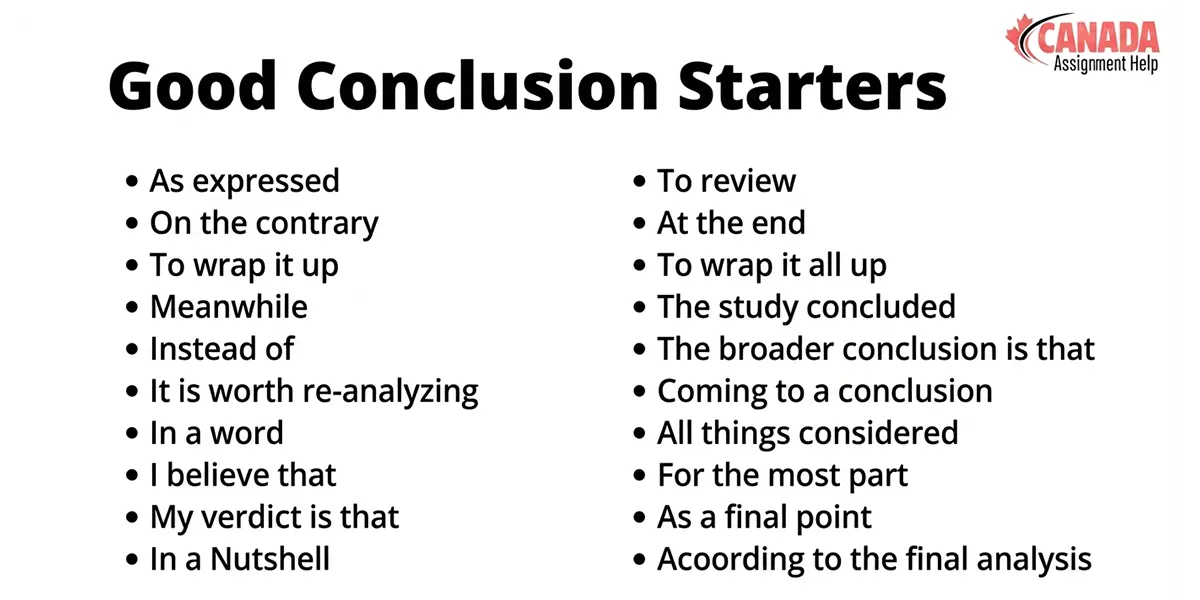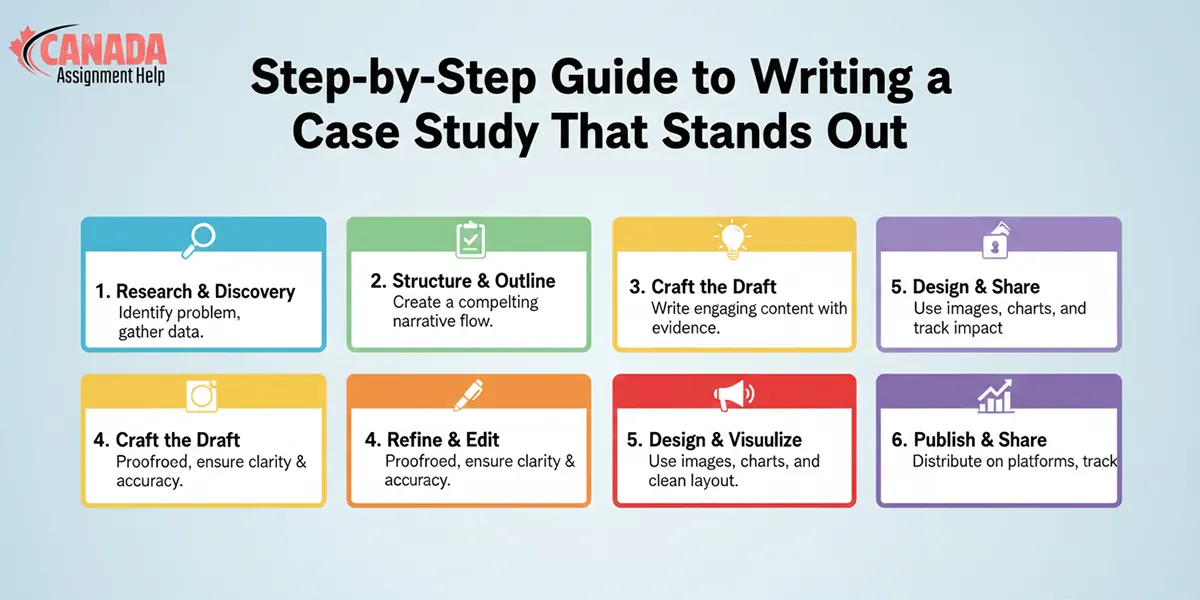Are you here because your teacher assigns you a lot of persuasive essays within the span of 3 or 4 days, with word counts exceeding 3000? Well, that is why I am here to assist you.
Well, crafting a persuasive essay is a great and remarkable skill, where author use their ideas to convince the readers about their opinions.
Then the readers take the action. While crafting persuasive essays, there are certain things authors need to take into account, such as
- 1. A topic or problem to debate. This is possibly the hardest step.
- 2. A clear thesis statement.
- 3. Then they need evidence to back up your thesis.
- 4. Rebuttals to disprove differing theses.
Lastly, offer a convincing conclusion.
In this guide, I will walk through a helpful tip about creating a compelling, persuasive essay that actually works.
What is basically a persuasive essay?
A persuasive essay is a kind of essay where the author writes emotional arguments based on their opinions and tries to capture the audience's attention.
These persuasive essays can be academic writing or personal. Normally, these essays start with the question where the author tries to spend time crafting the argument, debating in favor of the apposition.
Below are the starter phrases of a persuasive essay.
- Clearly,
- I assure.
- It is very evident that.
- It is obvious that.
- Everyone knows.
- I am totally certain that.
- In my personal opinion.
- It is really vital that
Checklist for crafting a persuasive essay- Tips and strategies
Crafting a persuasive essay can seem like a scary topic. Moreover, writing a persuasive essay is a bit different from other types of essay writing. But if you have the right tactic and strategy, it can be easily done.
Below are the persuasive essay writing tips you can follow.
1. Select a good topic
Before writing persuasive essays, it is essential that you choose an engaging topic and have knowledge of your chosen topic. While selecting the topic, there are certain things you need to know.
-
Your topic must be something that you already know something about
-
Rather, you would like to study more about,
-
Lastly, something you care about
Further, below are the top examples of topics for a persuasive essay.
-
Is it better to have recess indoors or outdoors?
-
Which is more important, math or reading?
-
All school lunches should come with dessert.
-
Is it better to watch TV or read books?
-
Students should be allowed to bring their pets to school.
2. Research
Once you browse through persuasive essay topics, you need to perform research in this section from different sources. Ensure you found the reliable sources.
-
Firstly, you need to look for the facts and stats
-
Then select the academic sources, like academic journals and research papers
-
Organize to tackle the opposing side counter argument.
3. Write a clear thesis statement and intro
A strong thesis statement is a backbone for a persuasive essay. So, you will need to devote your time to crafting a thesis statement.
But remember, your speech should not exceed 2 lines. After that, write an engaging intro by using these points.
-
Begin with roughly attention grabbing: a stat, a question, or a valiant claim
-
Offer just plenty of context to structure your argument
-
Mention your position on the topic
-
Finish your thesis
Example of Hook: Kids must exercise since it is good for their physical well-being, increases their energy level, and helps build a positive relationship with their bodies.
4. Write a body paragraph
Now write a body section, and you need to expand your thesis statement. Key tips to recall it while writing the body section for a persuasive essay.
- Write an opening intro that connects with your thesis statement
- Always use relevant samples and stats to support your claim
- Lastly, use transition words for the duration of your content.
Example: In reliable study of the academy shows that kids must exercise it is good for their physical health, boosts their energy level.
5. Examine Contrarian Opinions
A good persuasive essay debates alternative viewpoints in addition to giving one.
So, you need to recognize the arguments made by the opposing side and explain why your position is stronger.
Thus, gives your article greater credibility and balance by proving that you have thought about all possible outcomes.
Wording to Present the Opposing Opinion: "Some may argue that…"
Counter argument Transition: "However, this viewpoint fails to account for…"
Refuting the Argument: "While it's true that [opposing view], the evidence clearly supports that [your argument]."
For instance:
The Contrary View: "Some people believe that stricter plastic regulations would harm businesses."
Rebuttal: "On the other hand, studies have shown that businesses can thrive by adopting sustainable practices, as consumers increasingly favor eco friendly brands."
6 . Wrap it up
Lastly, in the conclusion section, you need to restate your thesis statement. Also, do not offer anything new while writing the ending for your persuasive essay.
Example: ‘’Banning phones does not solve the problem of every person, but it then returns to the old way of learning, where learners easily focus on their learning.‘’
Ethical thought of a persuasive essay
- Clear and focused thesis
- Strong evidence and support
- Tackling counterparts
- Know the audience
- Logical format and flow
- Persuasive language and tone
- Engaging intro
What are the key elements of a persuasive essay?
A good persuasive essay must have three key elements: these are the modes of persuasion.
Since these features were created by philosopher Aristotle himself. Further, he creates effective and solid arguments that try to persuade others point of view.
- Ethos: An aspect of argument and persuasion, ethos is how a speaker displays their authority, expertise, and moral rectitude. People with proven expertise, direct knowledge, or community status are more likely to be trusted by readers. Hence, your argument will be more persuasive if you use ethos, or ethics, in your writing.
- Pathos-It is an appeal created to the audience's feelings as a means to suggest sense and feelings. If you activate certain emotions in your audience and thus you can easily engage them through a narrative. Also, it offers a layer of interest to your readers, and then they will write more your persuasive essay.
- Logos: A persuasive or verbal appeal to the audience's reason and thinking is known as logos. So, if you use helpful persuasive writing and it will offer you a number of rational arguments for the reader to accept the writer's position.
Practical tips for writing a persuasive essay
Here are some helpful tips for writing a persuasive essay.
- Firstly, you need to steer clear of technical terms or jargon that could mislead your reader.
- Be clear and avoid depending on nebulous opinions.
- For a memorable and relatable argument, make it personal.
- To keep the reader interested and avoid the writing from becoming too repetitive, change up the sentence structures. Also, every sentence must begin with a new idea.
- While rhetorical questions can be effective, utilizing them too much makes the writing seem forced. So, you need to make smart use of them to draw attention to a subject or spark an idea.
- Further prove you have knowledge of conflicting views by practicing empathy. You'll make a stronger case for your position.
- Your conclusion is your last chance to have an influence. Finish with a strong statement or call to action that will linger with the reader, rather than just restating your point.










